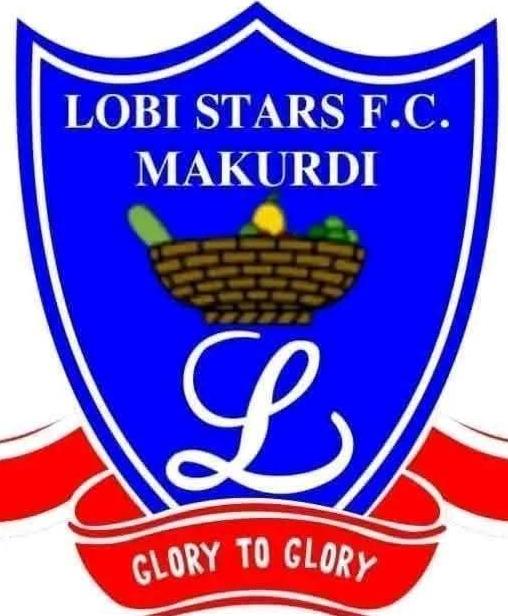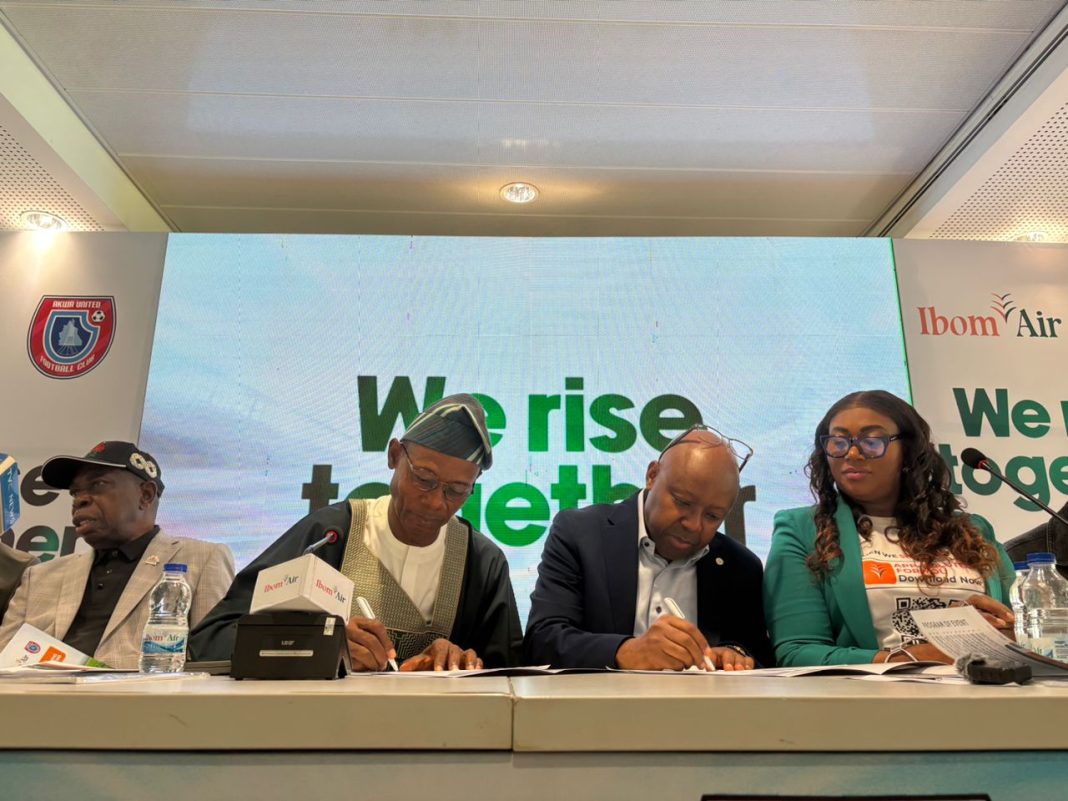By Babade Victor Temijope
The renewed wave of violence in eastern Democratic Republic of Congo (DRC) is rapidly turning into one of Africa’s most complex regional crises. What began as a local rebellion has now triggered displacement, diplomatic tension, and economic disruption across the entire Great Lakes region. The past years fighting between Congolese forces and the M23 rebel movement has intensified, forcing hundreds of thousands of civilians to flee their homes. Aid agencies describe the situation as catastrophic, with overcrowded camps, scare food, and outbreaks of disease spreading among displaced families.
In early 2025, fighting between Congolese security forces and militant groups led by M23 escalated rapidly, culminating in M23’s capture of Goma, the regional hub of the Eastern Democratic Republic of Congo (DRC; the Congo) on the Rwandan border. Rwanda, the primary backer of the M23 armed group, supported its offensive in eastern DRC with three to four thousand ground troops. As Goma fell, thousands of locals-many of whom were already internally displaced fled the region. On February 4, M23 declared a unilateral ceasefire. Between 900 people, by UN estimates, and 2,000 people, by Congolese government estimates, were killed in the offensive on Goma. Since 1966, conflict in eastern DRC has led to approximately six million deaths.
The United Nations estimates that millions have been displaced within Congo, while thousands more have crossed into neighboring Rwanda, Uganda, Burundi, and Tanzania. Host communities are struggling to cope as refugees compete for land, jobs, and social services. Relief groups say funds are running low, and the number of people in need far exceed available resources. Looting attacks on mines, trading hubs and other communities are most frequently reported in Walikale territory, North Kivu. Such attacks are part of armed groups wider strategy of targeting commercial competitors, disrupting FAEDC deployments and creating disorder to prevent the return of refugees. One group apparently behind many of the attacks is Mai-Mai Sheka (also known as Nduma Defense for Congo), which often cooperates with elements of the FDLR’s Montana Battalion.
Mai-Mai Sheka is named after its leader, Sheka Ntabo Ntaberi, a man who apparently had no military experience prior to funding the group in mid-2009 but had worked with several mining companies and cooperatives prospecting for and trading mineral in Bisie. As he had relied on the 85th FARDC brigade for protection, his activities were effectively curtailed when the 85th brigade was driven out of Bisie at the beginning of 2009. According to the UN group of experts, the Mai-Mai mainly comprises deserters from the 85th brigade.
The ongoing conflict in the democratic republic of Congo (DRC) significantly destabilized the broader great lake region, leading to humanitarian crises, displacement, and regional insecurity. The conflict’s impact extends beyond DRC’s borders, affecting neighboring countries through refugee flows, the spread of armed groups, and illicit trade in resources. It has brought about humanitarian crisis, economic instability, human right abuses, and weakened governance in the country. The conflict disrupts economic activity, particularly in the eastern DRC, where valuable resources like minerals are exploited by armed groups, furling the conflict and hindering development. The conflicts have also dramatically reduced national output and government revenue, and increased external debt.
Foreign business houses have curtailed operations due to an uncertain atmosphere, lack of infrastructure, and a non-conducive and difficult work environment. There has been an increase in unemployment. A country rich in natural resources has become one of the least developed countries. The infrastructure in terms of road density, electrification and water supply remains poor. The country is the world’s largest producer of cobalt, and a major producer of copper and diamond but the resources of the country have been a curse and brought misfortunes for the natives and all the benefits have gone to the outsiders. Resources have been used to fuel conflict and not to get people out of poverty. In 2007, the human development index ranked the country at 168 positions out of a total of 177 countries.
The conflict has undermined state authority, particularly in the eastern DRC, making it difficult to deliver basic services and address the root causes of instability. Since independence DRC has been characterized by dictatorship and violation of basic human rights by successive regimes from Mobutu era all the way to Kabila regime. Election rigging and weak judicial institutions have led to never ending conflict. The country has enormous mineral wealth-copper, diamond, gold, cobalt, etc., and potentially large reserves of oil and natural gas. Paradoxically, this resource rich country is also the site of one of the world’s worst humanitarian conflicts.
The conflict in the DRC is one of the longest conflicts in the international politics. Numerous treaties and negotiations notwithstanding, the conflict continues with varied intensity. Though the parties involved in the conflict have their own perspective regarding the cause and course of conflict, none can deny that the region is in dire need of peace as well as sustainable development to break the conflict trap that has brought miseries for all the conflict-ridden countries of the world including the ones in African continent.
The conflict in the Democratic Republic of Congo has left deep scars, not only within the country but across the entire Great Lakes region. What started as struggles over power, ethnicity, and control of natural resources has grown into a crisis that affects millions of lives. Families have been displaced, children forced into soldiering, and communities torn apart by violence.
Neighboring countries like Rwanda, Uganda, and Burundi have also been drawn in, either through refugee flows, security concerns, or the scramble for Congo’s mineral wealth, making the conflict a regional problem rather than just a national one.
Babade Victor Temijope, is a Graduate of History and International Studies from IBB university Lapai and he is currently serving as a corps member at the Institute for Peace and Conflict Resolution (IPCR), Abuja. He can be reached, via: babadevictor107@gmail.com





